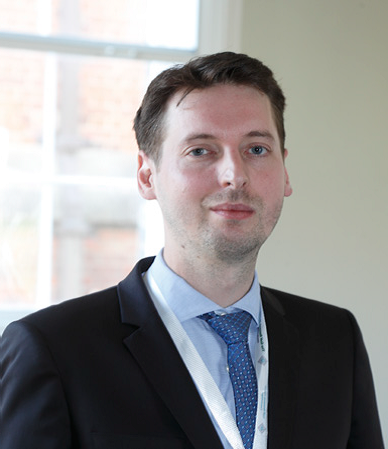Over the past few years, Gulf States have become increasingly influential actors on the global scene and powered into the 21st century on the back of new developments plans and investments strategies which allow them to carve out high profile and sustainable niches. At the regional level, they have taken the lead in mediating disputes among Arab countries, and have become hubs for branches of top universities, think tanks, medias and world renowned museums, as well as hosting major conferences and sports events.
3 DAYS / 12 Workshops
MORE THAN 300 ACADEMIC PAPERS
The proposed workshop will analyze the growing willingness and ability of the GCC states to transform their economic resources into a new kind of soft power. In front of the increasing number of projects that can be analyzed as sources of soft power, the panel will first list the different dimensions of soft power the Gulf states have been investing in and look at the way they relate to each other and take place in wider strategies developed at different scales, the national, the regional and the global ones by different actors, from both the West and the Gulf. Raising comparisons between the different dimensions of soft power that are developed in the Gulf will be a way to wonder what are the strategies behind them, the "visions" to quote a term much used in the Gulf states political discourse. Should we talk about soft power or about economic diversification? Should we look at those projects, in sport, culture, environment, the core elements of every Corporate Social responsibility, as efficient ways of diversifying the Gulf oil economies and building a post-oil era or as expensive political tools to serve the sustainability of the current political regimes? Are they the result of new patterns of decision-making process involving new actors, norms and rules? How should "branding" expenditure be analysed - as a way of attracting foreign investors or as a way of creating new niches of political clientelism for western actors? The workshop will also question their ability to become regional hubs in sports, culture and the knowledge industry in general despite their demographic weakness, and the resilience of the more established neighboring states such as Egypt, Iran or Turkey unwilling to let the Gulf States become the new core of the Middle East. Another related question this workshop will address is the relation between soft and hard power. Is it possible to build an efficient soft power without any form of hard power? Could military to military cooperation and training programs with external partners contribute to enhance a country's soft power? Are GCC offset programs a contributing factor to soft power? In this respect, the workshop aims at gathering a multidisciplinary group of scholars and experts. The papers submitted to the workshop are encouraged to relate to and further research on the suggested themes put forward above.
